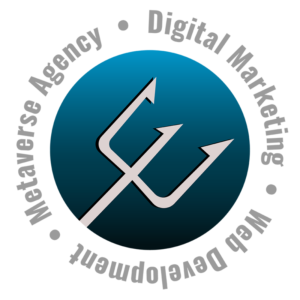At Tesla's recent “We, Robot” event in October 2024, Elon Musk introduced the Cybercab, a revolutionary two-seater autonomous vehicle expected to reshape the ride-hailing industry. Priced at an affordable $30,000, the Cybercab is poised to become the centerpiece of Tesla's ambitious plans to launch a fully autonomous robotaxi fleet by 2027. Musk's bold vision includes mass production of this vehicle, designed without steering wheels or pedals, making human involvement in driving obsolete.

The Cybercab represents Tesla's latest push toward a future where transportation is safer, more efficient, and entirely autonomous. Powered by Tesla's latest Full-Self Driving (FSD) software, the Cybercab promises to significantly lower operating costs for ride-hailing services, with Musk projecting a cost of just $0.20 per mile. Notably, this vehicle is designed with sustainability in mind, featuring wireless induction charging—allowing the vehicle to charge itself without manual intervention—a critical advancement in self-driving fleet operations.

Key Features of the Tesla Cybercab.
No Steering Wheel or Pedals: Reflecting Tesla's commitment to full autonomy, the Cybercab eliminates traditional driving controls.
Wireless Charging: Built with an induction charging system, it can automatically recharge, making it perfect for fleet operations.
Cost Efficiency: Tesla projects an operating cost of $0.20 per mile, making it ideal for ride-hailing platforms and affordable public transport.
Launch Timeline: Production is expected between 2026 and 2027, though this timeline is subject to Tesla's development and regulatory approvals.
In addition to the Cybercab, Musk also revealed the Tesla Robovan, a larger autonomous vehicle capable of carrying up to 20 passengers. With its potential for both passenger and cargo transport, the Robovan could find widespread use in various industries, including logistics and public transportation.

However, there are still significant challenges ahead. Tesla's Full-Self Driving (FSD) technology, which has been in development for nearly a decade, has yet to prove itself capable of handling complex urban environments without human oversight. While Tesla hopes to roll out fully autonomous Model 3 and Model Y cars in select states by 2025, widespread adoption of driverless technology faces hurdles from both a technical and regulatory standpoint.
Will Tesla Deliver on Its Promises?
Tesla's history of over-optimistic timelines tempers the excitement surrounding the Cybercab and Robovan. While Musk projects a 2027 production date, previous delays in Tesla's autonomous driving efforts suggest that these goals may be overly ambitious. Regulatory approval remains another critical challenge, as autonomous vehicles must meet strict safety standards before widespread deployment.
Nevertheless, if Tesla can deliver on these promises, the Cybercab could revolutionize urban transportation by reducing traffic congestion, lowering emissions, and making ride-hailing services more affordable and accessible. With the ability to purchase Cybercabs for personal use, individuals might also see the rise of private autonomous vehicle ownership.
My Final Thoughts
The unveiling of the Cybercab signals a new era in autonomous transportation, but questions remain about the feasibility of Tesla's vision. While the idea of a $30,000 autonomous vehicle is incredibly appealing, the technology and regulatory landscape are not yet fully prepared for such advancements.
However, if Tesla can meet its production goals and deliver on the capabilities of Full-Self Driving, it could mark the dawn of a new transportation age. With autonomous fleets reducing human error and emissions, the future of urban transport looks more automated than ever. Only time will tell if Tesla can deliver on these promises and reshape the world of mobility.
The Jacksonville Business Journal lists Tridence as a top Digital & Marketing Agency. Contact Tridence for better SEO ranking, digital solutions, and web design needs—your Local Digital Company.














